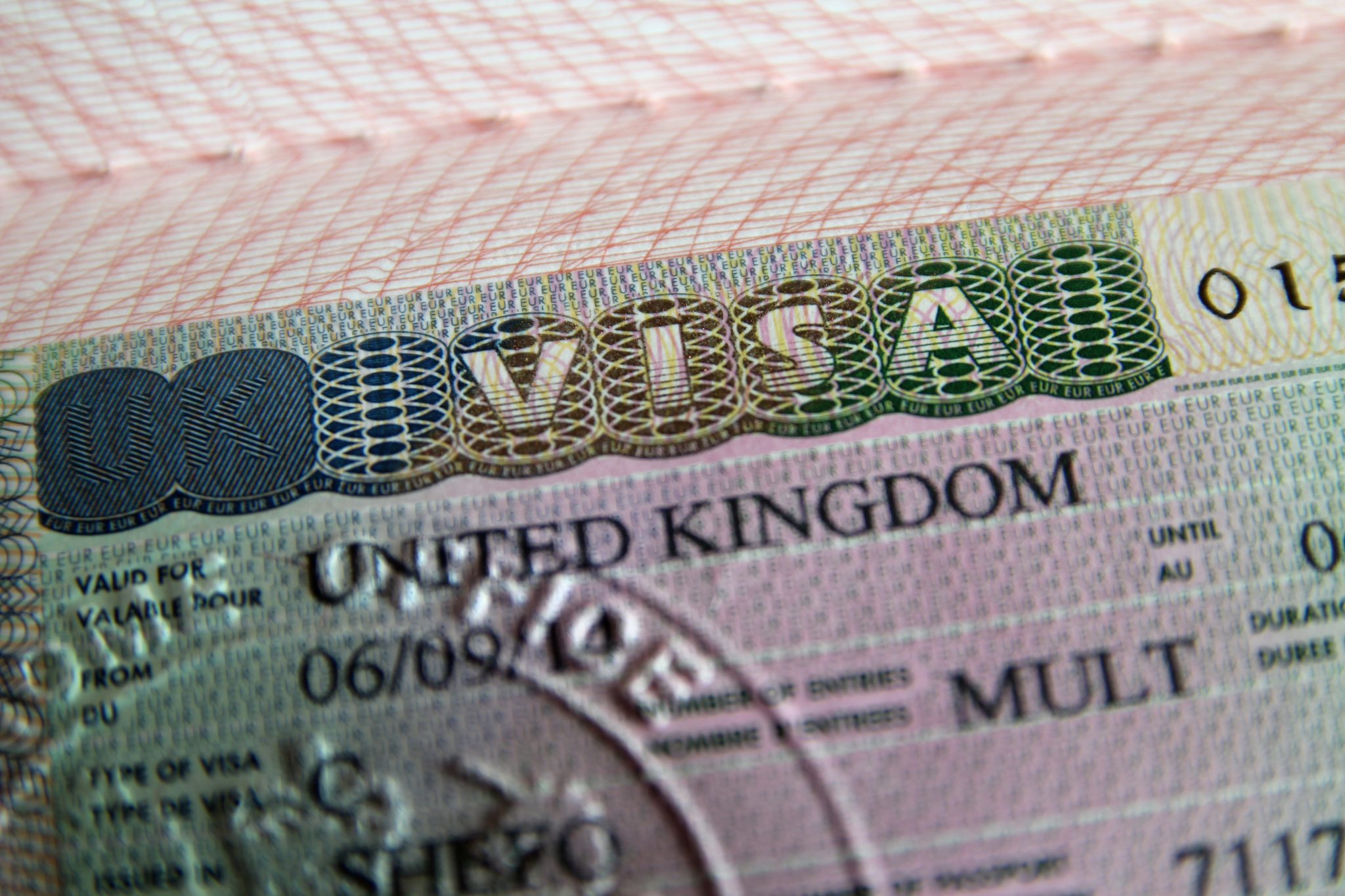
The small amount of additional information announced by Boris Johnson today (8th Dec 2019) on the shape of the Conservative’s proposed post-Brexit immigration system, offers little comfort to businesses such as the those in the UK’s Visual Effects industry, who fear difficulties in recruiting the international skilled workers they need to compete in a global market.
As the overall economy stalls, it was the impressive growth of the motion picture industry which almost single-handedly kept the UK out of recession in the last fiscal quarter. The UK’s Visual Effects (VFX) industry is a key part of this sector, competing globally by providing computer generated imagery for Oscar-winning Hollywood feature films and on-demand box-set dramas. It creates over £1billion of value for the UK economy each year.
There is a global shortage of VFX talent and 1 in 3 of the UK’s VFX workforce come from Europe and a further 13% are from non-EEA countries. While VFX companies have made a large commitment to training home-grown talent, the UK’s post-Brexit immigration policy will make a significant impact on this sector, as it also needs access to the world’s best talent in order to compete.
Neil Hatton, the CEO of the UK Screen Alliance, the trade association which represents the VFX industry is not reassured by the Conservative’s latest policy announcements.
“The devil will be in the detail and we are not going to know that until after the election when the government respond to the Migration Advisory Committee’s report on a Points-Based system. Much will depend on how the government chooses to define skill or a migrant worker’s worth to the UK. Salary is a very poor indicator of skill particularly in the Creative Industries, so if a points-based system includes alternative measures it could be welcomed, but as yet we don’t know the criteria for points or if salary levels will still play a part. We also don’t know if there will be quota restrictions. We are being kept in the dark on this vital information.”
The current visa for non-EEA migrant workers, known as Tier 2, requires a minimum salary of £30,000. The UK Screen Alliance has estimated that applying this threshold to EEA skilled workers after Brexit would cost the UK’s VFX industry an additional £20 million per year, equivalent to around a 5.5% increase in payroll costs, a significant impact on bottom line profitability.
Hatton also questions the overall cost of visa applications, particularly the imposition of the £1,000 per year Immigration Skills Charge and the Immigration Health Surcharge which the Conservative’s will raise to £625 per year if they form the next government. He estimates that the total cost for a five-year visa for a skilled worker coming to the UK with a partner and 2 dependent children could reach £22,500.
“The UK’s visa system is already one of the most expensive in the world and under the Conservative manifesto proposals is set to get even more expensive. This is a major disincentive and must be reduced if the UK is to continue to be a magnet for international talent. It is not a system based on the skills needs of the UK, it is a system based on the ability of an employer to afford the visa. Even the Migration Advisory Committee agrees that there is no evidence that tax raised by the Immigration Skills Charge has been channelled to support training to fill skills gaps. It should be scrapped”
On the Immigration Health Surcharge increase, Hatton points out that skilled migrant workers already pay for the NHS though personal taxation.
“The idea that skilled migrant workers can be equated to health tourists is entirely false. They come to the UK to work and pay their fair share of income tax and national insurance just like UK workers. The average productivity of a VFX worker is over £81,000 per year, £19k more than the UK average. They make a significant contribution to the economy and to force them pay extra to access the NHS is unjust.”
The UK competes for VFX work against Canada, the USA, Australia, New Zealand, India and mainland Europe. Hatton fears that an unsympathetic and costly skilled migration system may drive work away from the UK.
“The largest players in VFX already have a global footprint with operations in multiple counties. There is evidence that they are prioritising investment into territories other than the UK, while the cost of bringing the world’s best talent to the UK remain uncertain. We urgently need clarity that the future immigration system will be affordable and not restrict our access to international talent so that this high-tech, high-prestige and high-productivity industry can continue to thrive in the UK.”









